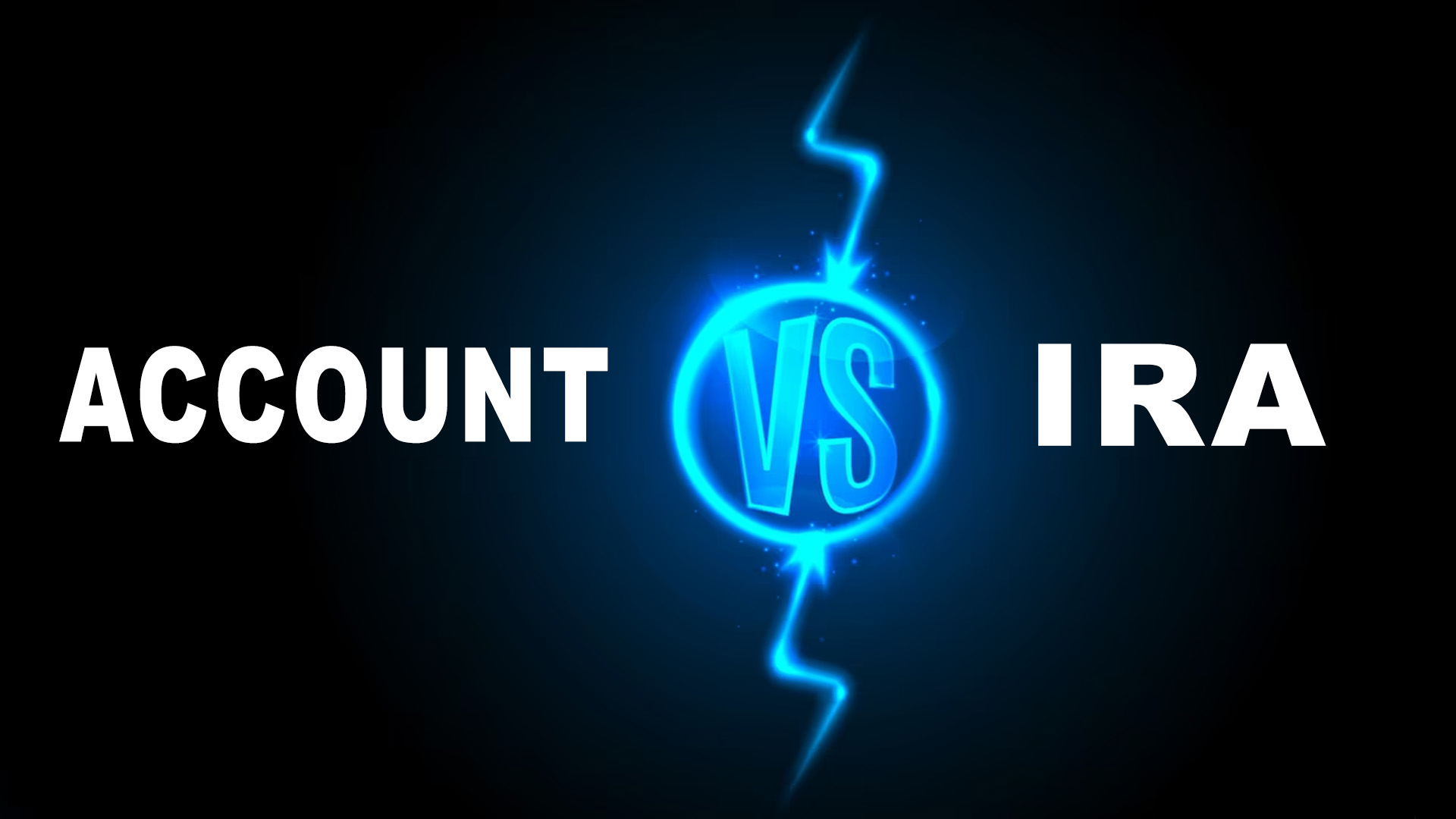Key Points at a Glance
- A brokerage account is a general investment account that allows you to buy and sell various assets, such as stocks, bonds, mutual funds, and more.
- An IRA, or Individual Retirement Account, is a tax-advantaged account designed to help individuals save for retirement while enjoying potential tax benefits.
Introduction
When it comes to investing, understanding the different account options available is crucial. Two common options are the brokerage account and the Individual Retirement Account (IRA). Both offer distinct benefits and cater to different financial goals. In this article, we shall delve into the differences between a brokerage account and an IRA, helping you make informed decisions about how to best manage your investments.
Mechanics of a Brokerage Account
1. Investment Flexibility
Brokerage accounts offer a wide range of investment options. You can trade stocks, bonds, exchange-traded funds (ETFs), mutual funds, and other assets. This flexibility is ideal for short-term and long-term investment strategies.
2. No Contribution Limits
Unlike IRAs, brokerage accounts do not have contribution limits. You can invest as much or as little as you want, whenever you want.
3. Tax Considerations
Gains on investments in a brokerage account are subject to capital gains tax. The tax rate depends on how long you hold the investment before selling.
Mechanics of an IRA
1. Tax Advantages
IRAs offer potential tax benefits. Contributions to a Traditional IRA may be tax-deductible, reducing your taxable income for the year. Roth IRA contributions are not tax-deductible, but qualified withdrawals are tax-free.
2. Contribution Limits
IRAs have annual contribution limits set by the IRS. For example, as of 2021, the contribution limit for a Traditional or Roth IRA is $6,000 (or $7,000 if you are aged 50 or older).
3. Retirement Focus
IRAs are designed to help individuals save for retirement. They come with certain restrictions such as penalties for early withdrawals before age 59½.
Choosing the Right Option for You
1. Short-Term vs Long-Term Goals
Consider your investment goals. If you are saving for a specific short-term goal like a down payment on a house, a brokerage account might be more suitable. If your focus is retirement, an IRA offers tax advantages.
2. Tax Strategy
If you are interested in tax benefits and are eligible for IRA contributions, a Traditional or Roth IRA could be advantageous. Traditional IRAs provide a tax deduction upfront, while Roth IRAs offer tax-free withdrawals in retirement.
3. Contribution Limits
If you are looking to save more for retirement, an IRA’s contribution limits might restrict your ability to do so. In such cases, a brokerage account can be a flexible option.
Conclusion
Brokerage accounts and IRAs serve distinct purposes in the world of investment. A brokerage account offers investment flexibility without contribution limits but lacks the tax advantages of an IRA. On the other hand, IRAs provide tax benefits and are specifically designed for retirement savings. Your choice will depend on your financial goals, risk tolerance, and tax strategy. By understanding the differences between these two options, you can make informed investment decisions which align with your aspirations.


